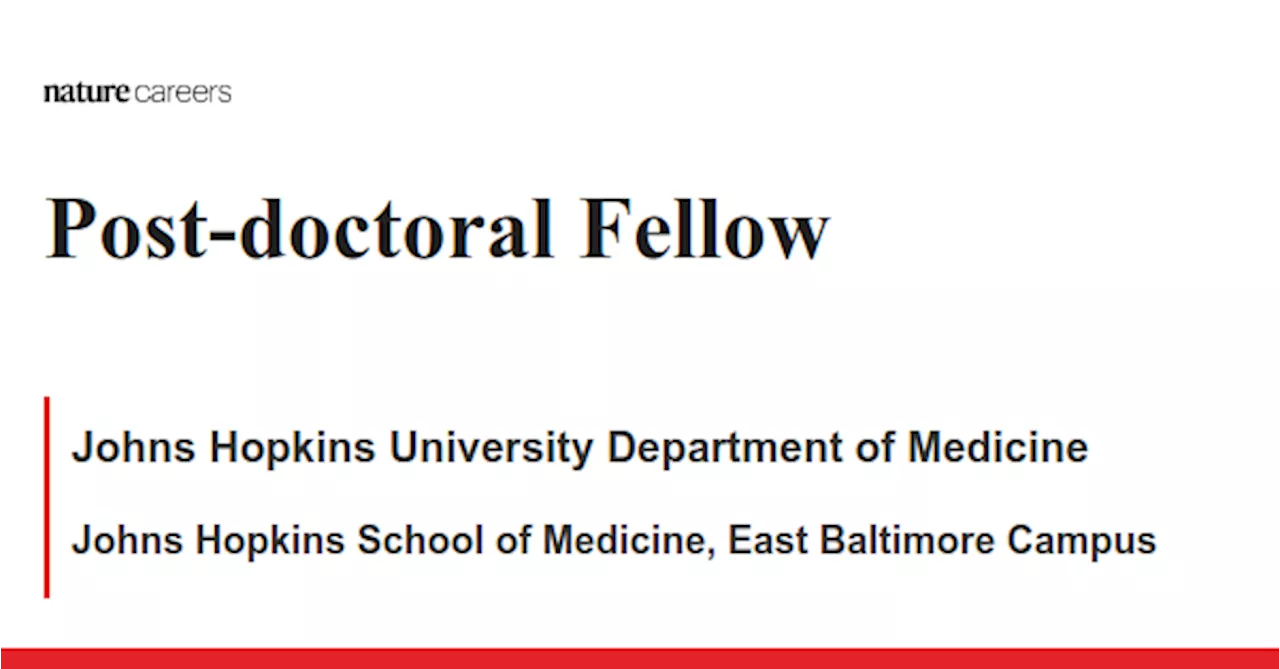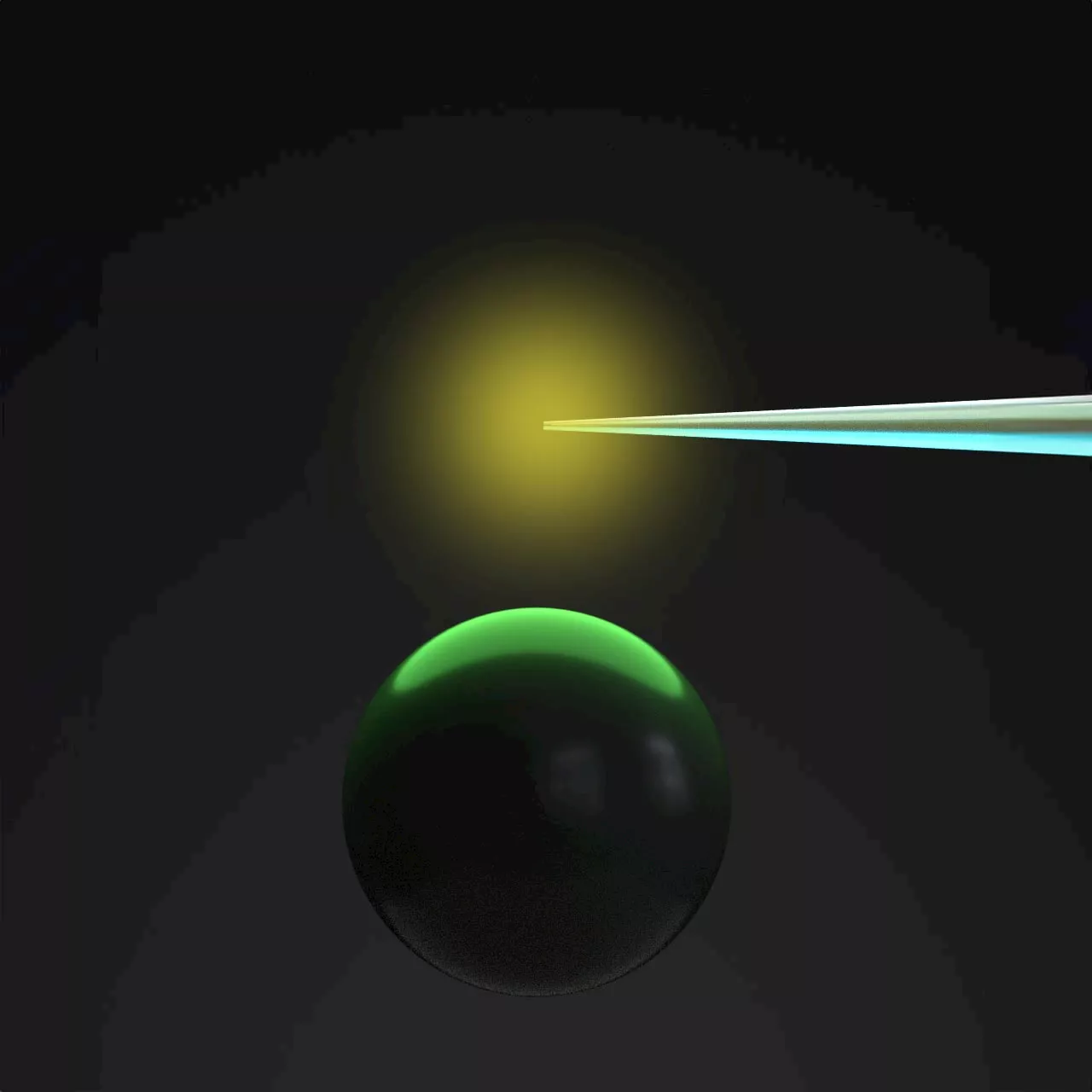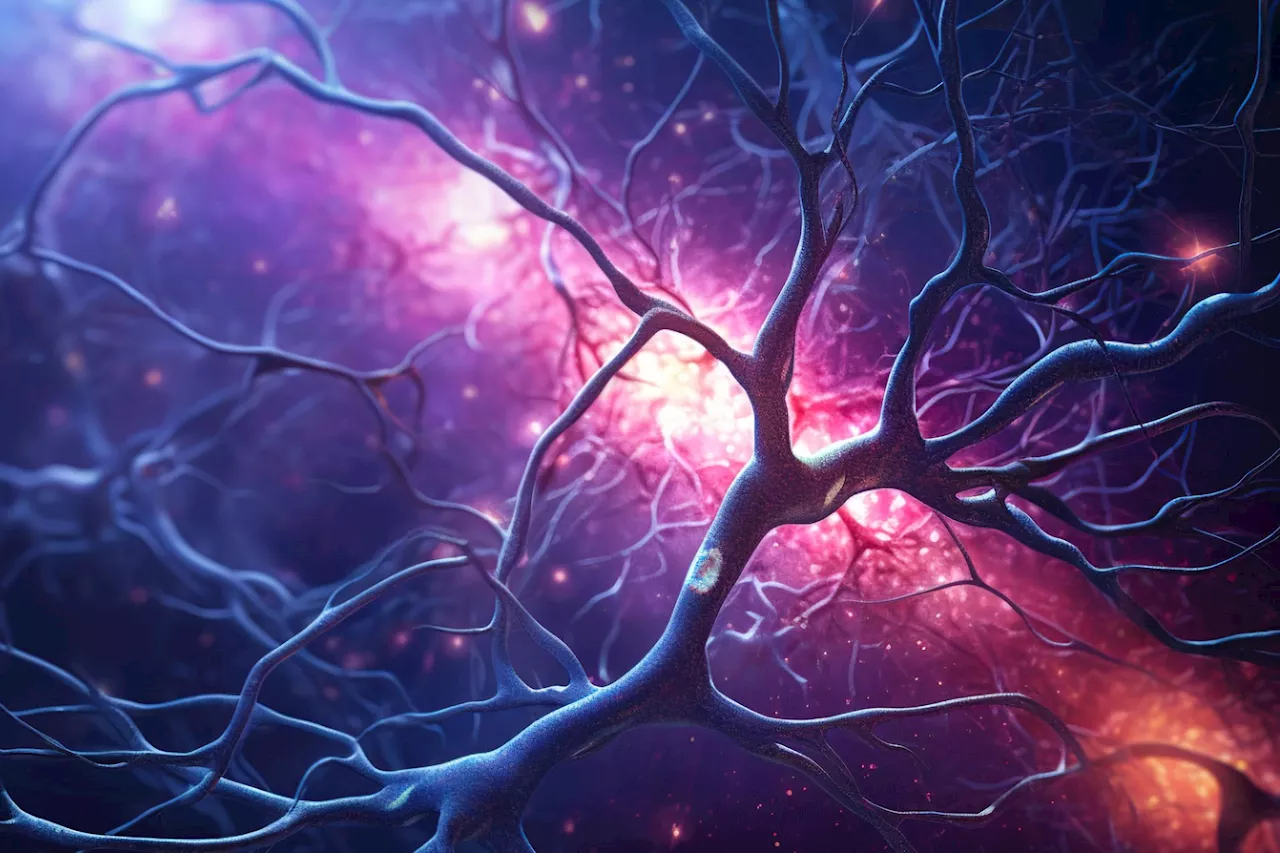Science, Space and Technology News 2024
Johns Hopkins researchers have identified Aplp1 as a new biological target in Parkinson’s disease through mouse studies, showing its role in facilitating the spread of harmful alpha-synuclein proteins. They suggest that drugs targeting the interaction between Aplp1 and Lag3 could slow disease progression, with potential applications in other neurodegenerative diseases like Alzheimer’s. Credit: SciTechDaily.
Notably, the researchers say, Lag3 is already the target of a combination cancer drug approved by the U.S. Food and Drug Administration that uses antibodies to “teach” the human immune system what to seek and destroy. Mao co-led the research along with Ted Dawson, M.D., Ph.D., Leonard and Madlyn Abramson Professor in Neurodegenerative Diseases at the Johns Hopkins University School of Medicine and director of the Johns Hopkins Institute for Cell Engineering, Valina Dawson, Ph.D. and Hanseok Ko, Ph.D., professors of neurology at the school of medicine and members of the Institute for Cell Engineering.
“Our work previously demonstrated that Lag3 wasn’t the only cell surface protein that helped neurons absorb alpha-synuclein, so we turned to Aplp1 in our most recent experiments,” says Valina Dawson.To determine whether Aplp1 indeed contributed to the spread of harmful alpha-synuclein proteins, researchers used a line of genetically engineered mice lacking either Aplp1 or Lag3 or both Aplp1 and Lag3.
United States Latest News, United States Headlines
Similar News:You can also read news stories similar to this one that we have collected from other news sources.
 Johns Hopkins School of Medicine, East Baltimore Campus job with Johns Hopkins University Department of MedicinePost-doctoral position available to study novel strategies for treating genetic disorders. The strategies involve studying transporters and channel proteins involved in disease processes and mitigating changes that occur in heat shock proteins that affect protein processing.
Johns Hopkins School of Medicine, East Baltimore Campus job with Johns Hopkins University Department of MedicinePost-doctoral position available to study novel strategies for treating genetic disorders. The strategies involve studying transporters and channel proteins involved in disease processes and mitigating changes that occur in heat shock proteins that affect protein processing.
Read more »
 Revolutionary New Pest Control Tool Discovered by Johns HopkinsScience, Space and Technology News 2024
Revolutionary New Pest Control Tool Discovered by Johns HopkinsScience, Space and Technology News 2024
Read more »
 Airborne Poison: Johns Hopkins Detects Toxic Gas Swamping LouisianaScience, Space and Technology News 2024
Airborne Poison: Johns Hopkins Detects Toxic Gas Swamping LouisianaScience, Space and Technology News 2024
Read more »
 Johns Hopkins Scientists Discover Unusual New Hero in EvolutionScience, Space and Technology News 2024
Johns Hopkins Scientists Discover Unusual New Hero in EvolutionScience, Space and Technology News 2024
Read more »
 Synthetic Wonders: How Johns Hopkins Is Redefining Cellular EngineeringScience, Space and Technology News 2024
Synthetic Wonders: How Johns Hopkins Is Redefining Cellular EngineeringScience, Space and Technology News 2024
Read more »
 Hidden Dangers: Johns Hopkins Unmasks Hazardous Chemicals in Biosolid FertilizersScience, Space and Technology News 2024
Hidden Dangers: Johns Hopkins Unmasks Hazardous Chemicals in Biosolid FertilizersScience, Space and Technology News 2024
Read more »
